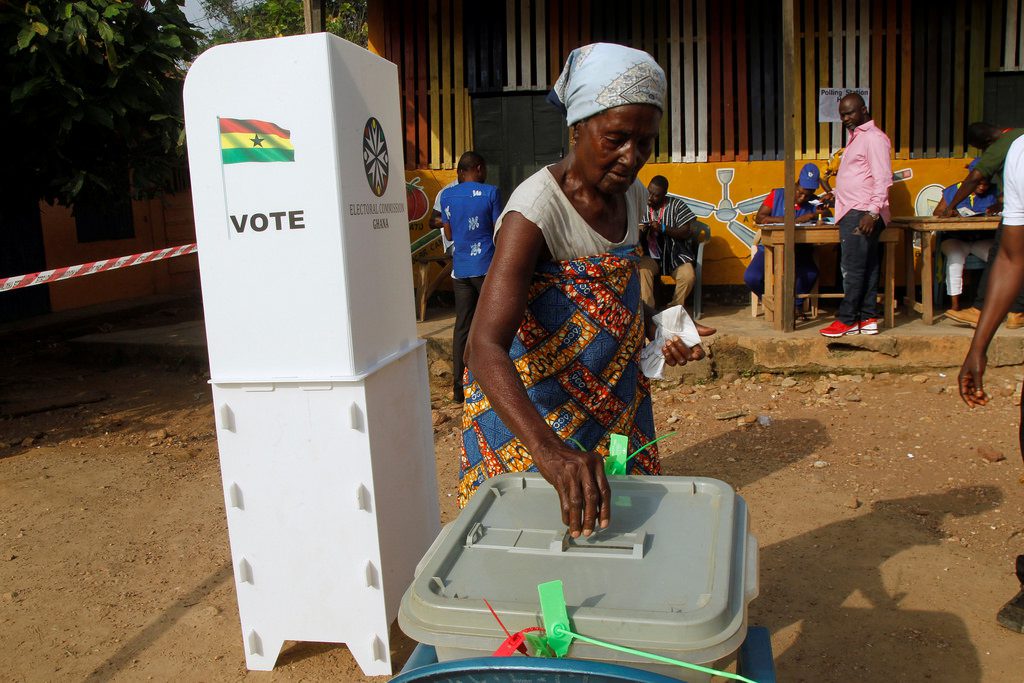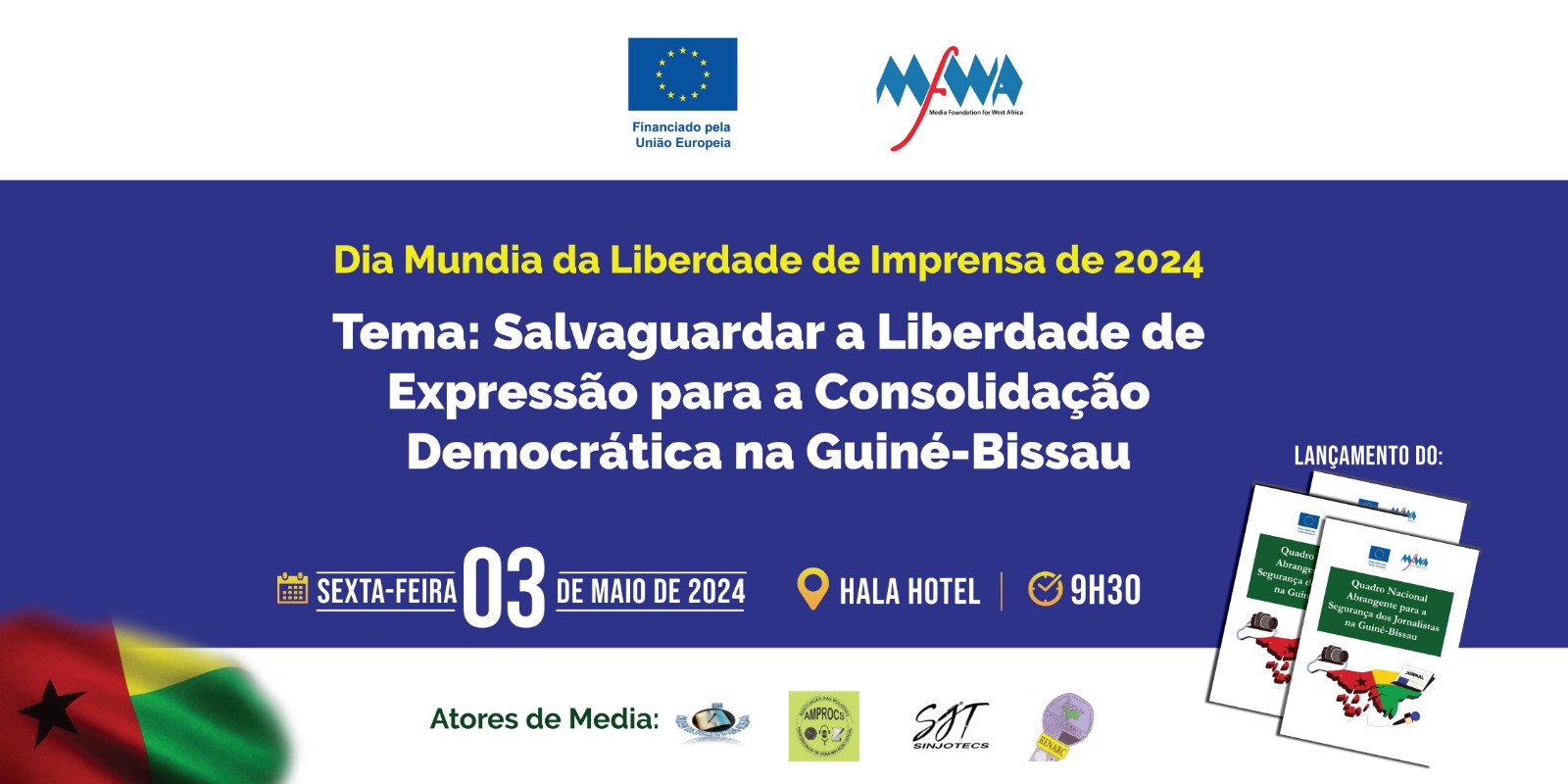Last year was considered an election record year as many democracies across the world went to the polls to elect leaders. Incidentally, the 2024 Global Risk Report identified misinformation and disinformation as the key critical risks anticipated to unfold in numerous countries, especially during elections.
The Global Risk report emphasised that the spread of misinformation and disinformation could significantly disrupt the genuine and perceived legitimacy of newly elected governments. This could potentially lead to political turmoil, violence, and a gradual deterioration of democratic procedures in the long run, the report said.
While Ghana’s democracy is relatively stable and has witnessed several seamless changes of government, disinformation posed imminent threats to the country’s peace and the credibility of its presidential and parliamentary elections last year.
Ghana’s 2024 general elections generated widespread false and polarizing narratives. Some of these narratives were aimed at influencing the election’s credibility and peaceful outcomes and swaying public perception about political parties and their candidates.
Media Foundation for West Africa’s fact-checking project, Fact-Check Ghana, monitored the disinformation narratives and produced several fact-check reports to counter them throughout the period of the elections. The team was also instrumental in establishing the Ghana Fact-checking Coalition. The Coalition was a collective of fact-checking organisations in Ghana that collaborated to track and debunk disinformation that emerged days before and after Ghana’s December 7 elections.
The Coalition run two separate media situation rooms from December 4-11, 2024. The situation rooms were dedicated to monitoring, debunking and documenting disinformation and harmful narratives related to the elections.
This report details five key observations the team made in countering misinformation and disinformation during Ghana’s parliamentary and presidential elections.
Deployment of Generative AI for disinformation
About 72 countries across the world including some of its biggest democracies like the United States and India held polls to elect leaders. Incidentally, the previous year, 2023, marked a breakthrough in generative AI and machine learning models. This resulted in the emergence of many AI platforms being deployed positively across many sectors.
In 2024, there were many concerns about the negative effects of AI on elections, especially in generating content that could be weaponized for disinformation. In Ghana, there were some instances where AI was deployed to generate and spread disinformation during the elections. The AI-generated content that emerged during the elections often used text-to-image and text-to-audio models.
For instance, days before the polls, about three different audio content purported to be secret recordings of conversations held by the presidential candidates of the two main political parties, Dr Mahamudu Bawumia and John Mahama, emerged online. The audios suggested that in private conversations both candidates had incited their followers to engage in violent acts and contribute to ongoing chieftaincy and ethnic conflicts. One of the audios, in particular, faked a so-called conversation between John Mahama and an electoral officer on how they intend to rig the elections in the stronghold of the incumbent government.
Coordinated activities of bad actors
Coordinated activities of the bad actors engaging in smear campaigns and the spreading of deceptively orchestrated messages (political astroturfing) on social media were observed.
A day before the elections, the Ghana Fact-checking Coalition noticed the activities of a handful of handles on X that were spreading false narratives targeting John Mahama, the presidential candidate of the leading opposition party. Using the hashtags, #IncompetentMahama and #FailedMahama, the handles peddled false narratives suggesting that the presidential candidate was a ‘thief’, ‘corrupt’ and not worthy to lead the country. The hashtags were shared widely until they emerged in the top trends of Ghana’s X space. However, the team’s investigations into the trends revealed that only a few handles were behind trending hashtags. They made the hashtags trend by posting the same or similar messages while liking and quoting each other’s posts.
Incidentally, the handles that were sharing the aforementioned hashtags were the same that were spreading other hashtags such as #1TouchForBawumia and #BawumiaForPresident. Thus, while they were sharing false information against the opposition leader, they were promoting the presidential candidate of the ruling party, Mahamadu Bawumia.
Disinformation focused on party-related and candidate-image themes
When the media situation room run by the Ghana Fact-checking Coalition categorized the trends of disinformation about the elections, it emerged that the false information focused on party-related, candidate image, election integrity, and security-related themes.
On the party-related and candidate image themes, the false narratives aimed at making the political parties and presidential and parliamentary candidates unpopular and also court disaffection for them.
On election integrity and security-related themes, the team observed several false claims alleging incidents of violence, and the presence of “machomen” and thugs purportedly hired from Ghana’s neighbour Burkina Faso by some political actors to create chaos. There were also claims of the discovery of ballot papers and boxes that were revealed to be false.
Social media is the main source of disinformation
Disinformation on the elections emerged from many different platforms during the election period. While television and radio accounted for a number of the false information that circulated during the period, social media platforms were noted to be the main space where disinformation emerged, circulated and thrived. Social media platforms accounted for almost 90% of the claims of the Ghana Fact-checking Coalition
Specifically, it was noted that X, Facebook and WhatsApp were the platforms on which most of the false information was spread.
Disinformation targeted the main political actors and institutions
Activities of the bad actors targeted key political figures and political and democratic institutions. The two leading political parties, NPP and NDC, were the main political institutions that were targeted with disinformation. Ghana’s election management body, the Electoral Commission (EC), was also a target of several false claims.
In terms of the political actors, John Dramani Mahama of the NDC and Dr Mahamadu Bawumia of the NPP were noted to be the main targets of the claims the Ghana Fact-checking Coalition worked on. Their running mates, Prof. Jane Naana Opoku Agyemang and Dr Mathew Opoku Prempeh, were also not spared.
Aside from the institution of the Electoral Commission being a target, its Chairperson, Jean Mensah, was also a focus of many false narratives that spread in traditional and social media space.
These observations were culled from the final report the Ghana Fact-checking Coalition published on the elections. The report details the lessons the Coalition learnt from countering electoral disinformation. Click here to access the report.






